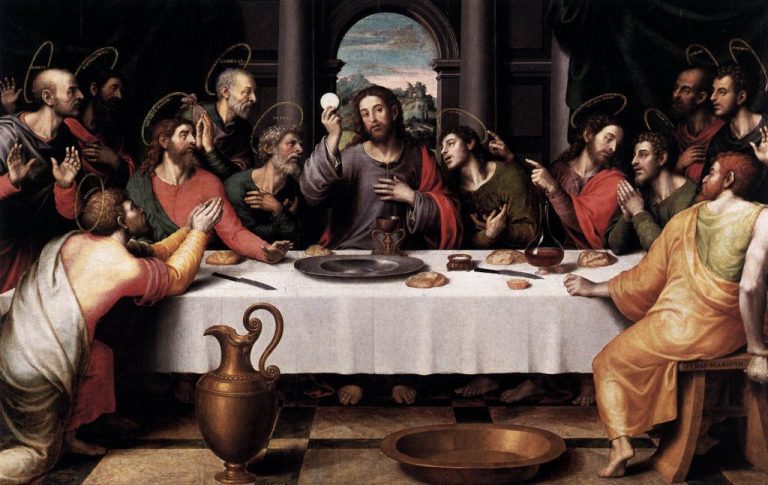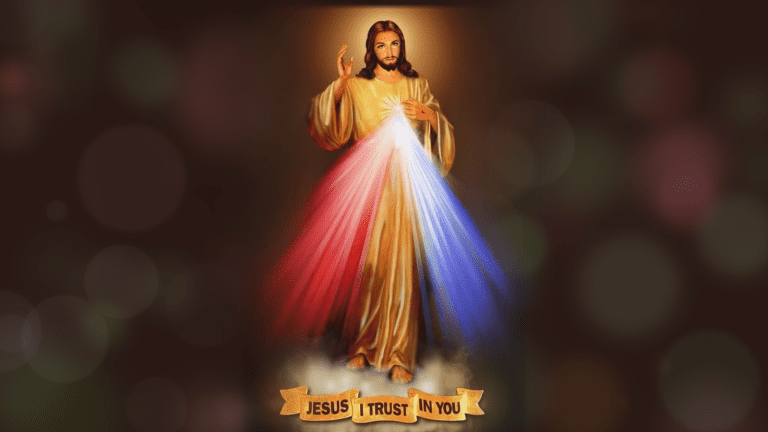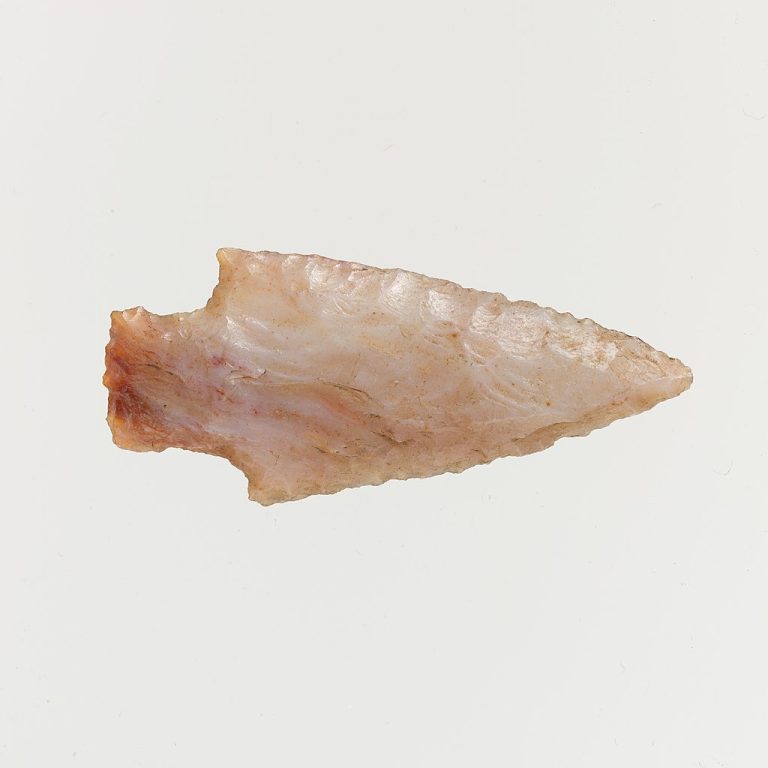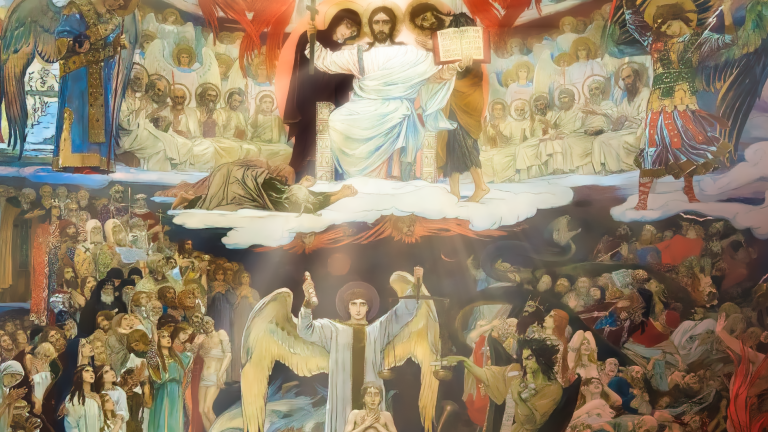Protestant denominations began when political figures found they could use religious “principles” as an excuse to weaken The Church. When kings wanted more power, they claimed the right to appoint bishops in order to have greater control over their subjects. There was a continual battle between Church and State.
Henry the 8th won, for a while, by setting himself up as Pope. The State became the Church. He costumed courtiers like bishops, appointed his own priests, and kept costumes, liturgies, and language close to what Catholics had been used to in England for a thousand years.
Few were fooled. But, most went along. Gleaming behind the theology, robes, and incense, the king’s cold steel was visible in what was one of many: Protestant marketing plans.
The process began before Rome fell. Ambitious people manufactured whatever theological issue they needed to serve their earthly ends. Were churches filled with statues and paintings? Iconoclasts were used to manufacture theological objections. Political parties pretended to protect “the true faith”, and supported the schism.
New generations of opportunists would disguise themselves as theologians and arise to replace whatever system existed, each one an example of: Protestant marketing plans.
In America, Christianity became an Industry. Denominations were businesses. Some were begun by early door-to-door-on-horseback marketing geniuses. Others found opportunities pandering to the wealthy elite who soon dominated every town in America. A brilliant marketing plan praised the prosperous with the Presbyterian promise that they were “the elect”. It was clear in this, the best of Protestant marketing plans: God’s love for rich Americans was proven by their vast possessions. Their entry to Heaven was more assured with every additional dollar they made, providing an ever-greater, nearly perfect circularity.
The Presbyterian marketing plan was, by far, the most ingenious. No other denomination had Protestant marketing plans that were so perfectly targeted to those who would be the biggest tithers! Protestant “theologians” among Lutherans, Methodists, Baptists, and others understood the unbelievably effective marketing plan behind the Presbyterians’ huge cash flows. They were green with envy. “Who would have believed there was that much money to be made in choosing determinism over free will!”
Protestant marketing plans were very flexible when it came to finding new cash flows. “Want to own slaves? We have a church for you!”, said some denominations on one side of the Mason-Dixon Line in the decades before the Civil War. Others, at the very same time, and in the very same denominations, saw an opportunity in the Northern market: “Do you think slave-owning is bad? You can support us with a clear conscience.”
One small group of Christianity consumers wanted many wives. Even that desire was temporarily satisfied by that most American of institutions: Protestant marketing plans. They appeared, as if by magic, to satisfy every felt want. Divorce and remarriage? “No problem!”, announced virtually every one of their marketing guru/ministers after surveys showed that the people in the pews would not stop donating, even if their denomination’s new tolerance of what they had once forbidden helped destroy their own marriages and families.
Birth control? Abortion? “God wants you to be happy.”, an even newer generation of pandering Protestants announced in another wave of Protestant marketing plans. And, in every age, ambitious young men found money to be made. First, in tents. Now, on TV.
Now, Protestant marketing plans are replacing the old, fuddy-duddy Mainline denominations with huge, Mega-Churches. Their low costs, big screens, rock-concert services, and mindless drivel masquerading as theological concerns pack the pews. The owners of such successful businesses in the Christian Industry plan to build even bigger branches, and all want their own TV shows. A host of bored, disaffected Protestants eagerly await their coming distractions. “Something new!”, they say, nodding blankly at the screen. “We need something new.”
So, the great divide is not between Presbyterian and Methodist, Episcopalian and Evangelical. The separation is always the same. Sheep from goats. Wheat from weeds. Edible fish from those the fisherman thinks undesirable. Catholic from anti-Catholic.
At the end of the day, there are those who heed His very specific and bizarre words, “If you do not eat My Body and drink My Blood, you do not have life in you.” They may go on to pass His Great Test of humility and obedience.
On the other hand? Those who fool themselves into believing that it’s all right to believe whatever they want. Always ready to help them manifest their vanity in a new or remodeled denomination: Protestant marketing plans.








